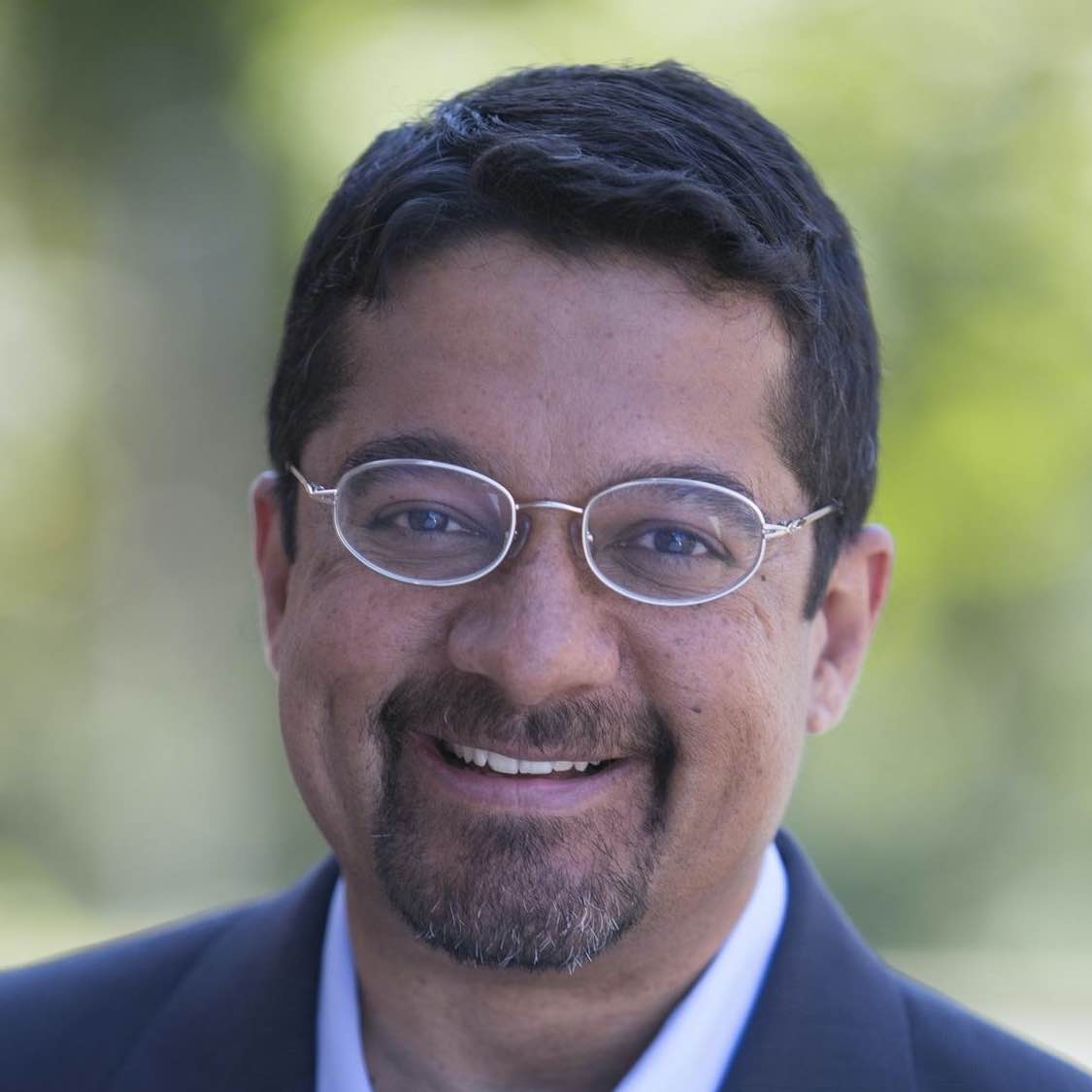NPR’s ‘Hidden Brain’ goes independent

Shankar Vedantam
The host and founder of NPR’s Hidden Brain is leaving the network to produce the show and related projects through an independent production company.

Shankar Vedantam announced his departure in an email to NPR staff Aug. 3. He said his nine years with NPR was the “highlight” of his career. After leaving the network, he is planning to expand beyond podcasting and radio to look into apps, television and a publication imprint.
“In this new vision for Hidden Brain, being an independent entity and being able to chart my own course will be valuable,” Vedantam wrote. “NPR will always have my gratitude and respect, and I am hoping there will be many opportunities for collaboration in the future.”
Under the new arrangement, which starts Oct. 1, NPR will continue to distribute the Hidden Brain radio show. The show airs on nearly 350 stations. The network will continue to receive royalties from the show.
Before starting the show, Vedantam worked as a reporter and columnist for The Washington Post. In 2010 he published The Hidden Brain, a book about the psychological basis for our unconscious biases and decisions.
Vedantam became a social science correspondent for NPR and appeared in a recurring segment on Morning Edition. Hidden Brain began as a podcast in 2015 and became a radio show in 2017.
“We have had a wonderful and productive relationship with Shankar over the past 9 years and are very proud of the radio show and podcast we developed together,” said an NPR spokesperson in an email. “… We hope to continue working together in future projects.”






Thank you for providing this information. I love both NPR and Hidden Brain and was rather concerned that one of my favorite shows was not part of this magnificent radio network anymore. Even though Shankar Vedantam had announced it, I had not realized of what the change would entail.
How do I hear the Hidden Brain on habits that was broadcast on KQED-FM Sunday 1/17/21?
Thank you.
Wendy, you are probably thinking of the episode “A Creature of Habit.” You can find it by searching for the Hidden Brain podcast and scrolling to that episode title on Podbean, Apple Podcasts, or anywhere you listen to podcasts.
What day and time does hidden brain air in Orlando Florida on WUCF?
I am a fan of “Hidden Brain” and hope that as an independent production, it continues with the same success that “On Being” has had since going independent.
I stumbled upon Hidden Brain recently and I have enjoyed it thoroughly. So much so I have recommended it to friends and colleagues. It’s been nice listening to Hidden Brain from Australia. Your thoughtful insights and questions as well as guest speakers were nourishment to my hungry brain and soul. I sincerely hope I can continue to do so.
does Hidden Brain sense that the Internet has decompartmentalized our brains?
I came upon Hidden Brain mid show one day, I believe an Australian women had been addressing her grief over the loss of a child. In it she disparaged the “stages of grief” described by Elisabeth Kuebler Ross. It is not the first time I have heard this point of view. I am always sad when I hear this criticism. When Dr Ross coined this structure there was no acceptance of the dying/ grief process. People were denied any avenue to express fear, sadness, anger etc about their own death or the impending death of a loved one. Her work changed this and it has had influences all over the world. Because of her work, this woman was able to be on an international forum to speak of her horrific loss. I grieve for the arrogance of putting her down.
How to donate money to the Hidden Brain pod cast?
I am with Susan. I searched out your Websyte trying to find a place to donate money and was unable to find a section that accepts donations. Better fix this if u want help from your avid listeners!
Regards sunny sunnest@westnet.com.au
I have also recently stumbled upon Hidden Brain. Three years ago I became interested in eyewitness testimony when I clearly and unmistakably saw my long deceased grandmother’s face in a window of the nursing home where she last lived. The very real vision came to me as I approached the building for a Covid window visit with someone else very close to me. I realized that many others must also have similar experiences and I wondered how that must cause memories of events to change over time. The recent Hidden Brain episode on false confessions ties into that for me.
Not sure what this change means, but my Hidden Brian says, “follow the Money”